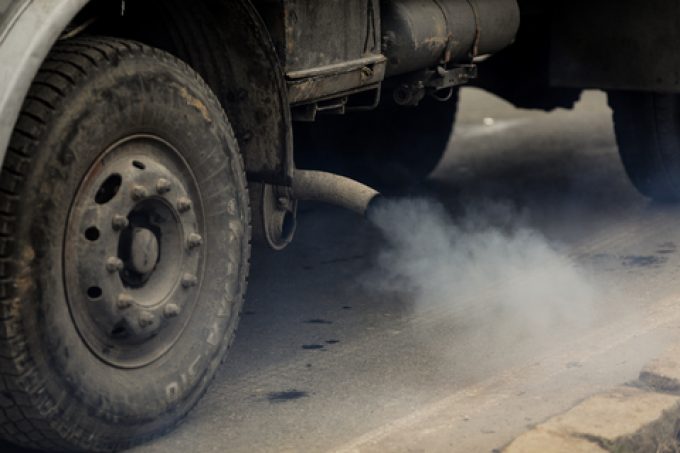Zemba gets things moving, as Hapag-Lloyd signs up for 'greener' shipping
Proving to be more than just idle talk, the Zero-Emission Maritime Buyers’ Alliance (Zemba) has ...

European Union lawmakers’ plan to delay adopting new sustainability reporting standards until 2026 has been criticised as “kicking the can down the road” in the fight against climate change.
The Corporate Sustainability Reporting Directive (CSRD) requires companies to report certain sustainability information, including scope 1, 2 and 3 emissions.
The reporting must follow standards adopted by the EC, which adopted an initial set of standards in July 2023, with a second, sector-specific set of standards scheduled to be adopted by June this year.
However, last week, members of the European Parliament (MEPs) proposed to postpone the adoption of the second set by two years, to June 2026.
Lead MEP on the file Axel Voss said the delay was “in order to give EFRAG [European Financial Reporting Accounting Group] the time to develop quality standards and give companies the time to put them into practice”.
He added: “Companies have been putting up with too much bureaucracy in years of crisis, from Covid to inflation.”
Co-founder of emissions calculation company Pledge David de Picciotto told The Loadstar: “I understand the short-term relief that delaying the adoption of these sector-specific reporting requirements might bring… but let’s be real — it’s just kicking the can down the road.
“There will always be a geopolitical or industry crisis to shift the focus — we can’t let that get in the way of the long-term goal, if we want a chance to meet our collective climate ambitions.
“We’re already seeing the direct impact of climate change on freight and logistics. For example, at the Panama Canal, restrictions on large ships entering the canal have already been put in place because of low water levels, caused by drought linked to climate change. Similar disruptions are taking place in China’s Yangtze River,” he added.
The sectors recommended for the delay in reporting until 2026 include some of the biggest pollutors, such as oil, energy, mining, food, agriculture, textiles and road transport, as well as the reduced obligations for non-EU companies operating in the EU.
The first set of CSRD rules continue to apply to all companies, which are due to publish their first sustainability reports in 2025.
However, a European Parliament spokesperson told The Loadstar the proposed delay could be reversed.
“The final decision will be up to Parliament and Council, so they might decide otherwise; this remains to be seen.”
However, Mr de Picciotto argued that the delay could have ramifications far beyond Europe.
“The setback not only affects the EU, but may influence other governments to weaken their current proposals for sustainability regulations. This could undermine the potential impact decarbonising the freight and logistics sector could have on the environment,” he said.
“Reporting emissions is just the first step, and if we can’t even get that right how can we expect to make any meaningful progress towards decarbonising one of the planet’s biggest emitting industries?
“It is essential for stakeholders, including policymakers and businesses, to recognise that the tools necessary to meet these sustainability reporting requirements are available, and we need to make sure they’re widely adopted and effectively used,” he added.
Comment on this article